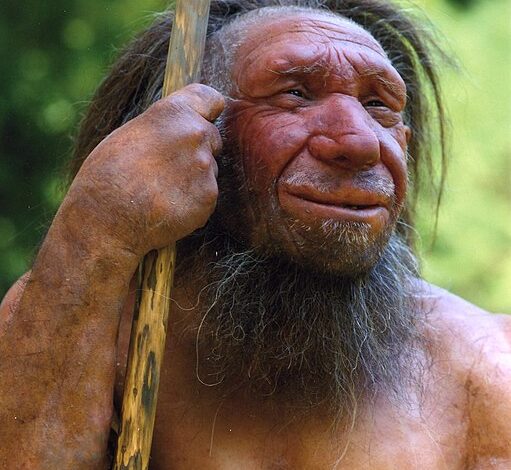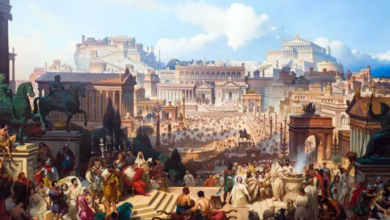Without Neanderthals, Humans Might Not Have Survived: A Closer Look at Our Ancestors

Recent research has shed light on the crucial role that Neanderthals played in the survival of early modern humans. As our closest extinct relatives, Neanderthals not only coexisted with Homo sapiens but also contributed to their survival in ways that are only now being fully understood.
Genetic Legacy:
Modern humans carry 1-2% Neanderthal DNA, which has been linked to various traits, including immune responses. This genetic exchange may have provided early humans with enhanced resistance to diseases, crucial for survival in a harsh environment.
Exchange:
Evidence suggests that Neanderthals possessed complex tools and social structures. The sharing of knowledge and resources between Neanderthals and early humans likely facilitated the development of more advanced survival strategies, including hunting techniques and shelter construction.
Adaptation Strategies:
Neanderthals were adept at surviving in cold climates, and their knowledge of the environment could have been invaluable to early humans. By learning from Neanderthal practices, modern humans may have improved their own adaptability to diverse and challenging habitats.
Competition and Coexistence:
While competition for resources existed, recent studies indicate that the relationship between Neanderthals and early humans was not solely adversarial. Collaborative interactions may have occurred, allowing both species to thrive in overlapping territories.
Extinction Factors:
The extinction of Neanderthals around 40,000 years ago has been attributed to various factors, including climate change and competition with modern humans. However, their disappearance also left a void that may have challenged early humans, emphasizing the importance of their presence during critical survival periods.
Implications for Understanding Human Evolution:
The relationship between Neanderthals and early modern humans highlights the complexity of human evolution. Rather than viewing Neanderthals as mere competitors, it is essential to recognize their contributions to the survival and success of Homo sapiens. This perspective not only enriches our understanding of human ancestry but also underscores the interconnectedness of species in the evolutionary narrative.
In conclusion, the legacy of Neanderthals is woven into the very fabric of modern human existence. As researchers continue to explore this fascinating chapter of our history, it becomes increasingly clear that without Neanderthals, the story of human survival might have been drastically different.




